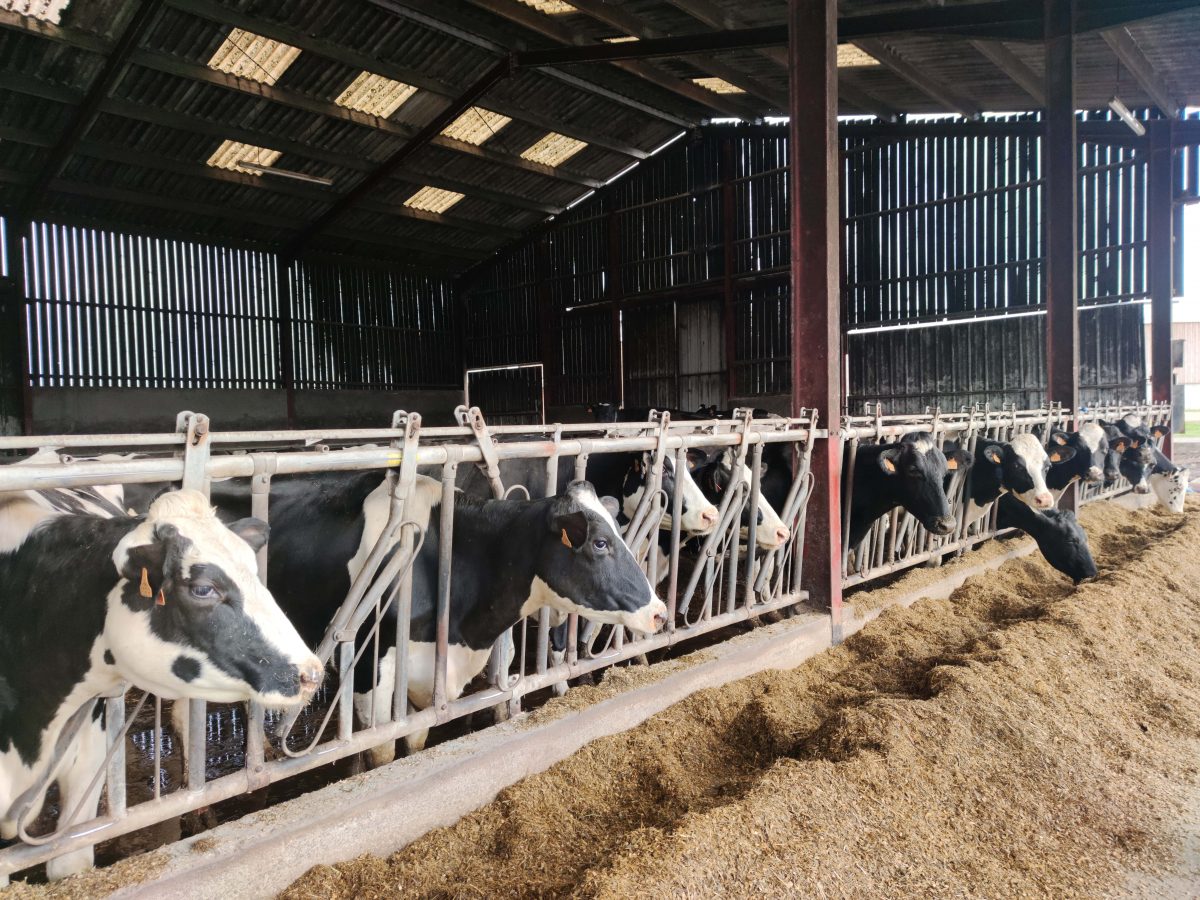A good diet can be enough to cover most of the nutritional needs of the animals. However, in certain situations, the consumption of nutritional supplements such as glucogenic precursors, is essential to manage critical phases in breeding. Difagri has the market’s most extensive range of glucogenic products in France.
ENERGY DEFICIENCY AND KETOSIS, A MAJOR PROBLEM IN BREEDING
Dairy cows experience an energy deficit in the last weeks before calving, then in the first weeks of lactation with an increase in NEFA (nonesterified fatty acids) and ketone bodies (BHBA). The situation improves as soon as ingestion capacity increases, usually after 3 weeks.
THE CONSEQUENCES OF THE ENERGY DEFICIT FOR A DAIRY FARM
Reduced milk production:
The decrease in milk production is the first consequence of the energy deficit in dairy cows. Below is an overview of the milk loss over a 305-day lactation:
| -1.9 kg per day per animal at 1.4 mmol / I BHBA | -3.3 kg per day per animal at 2 mmol / I BHBA | -251 kg (for a lactation period of 305 days) |
Health disorders:
Early in lactation, dairy cows have low intake and cannot meet all of their needs. Therefore health problems can appear:
- Displaced abomasum
- Clinical ketosis
- Early reform
- Metritis
- Retention of foetal membranes
- Mastitis
- Lameness
Infertility – Reproductive failure:
Excessive energy deficiency affects reproductive performance. Indeed, the energy deficit delays ovulation in ruminants:
- AI (Artificial insemination) 1: -3 to -35%
- Calving Interval -AI 1 + 8 days / CI- Successful AI1 + 22 days
- Cost around 330 € / ketosis
- € 1 invested = € 7 to € 10 earned!
EFFECTS OF MONO PROPYLENE GLYCOL ADMINISTRATION ON REPRODUCTION
In addition to improving reproductive performance, the benefits of the intake of Mono Propylene Glycol (MPG) during early lactation are:
- Increased milk production
- Decrease in the fat content of milk
- Lower mobilization of lipid reserves via an increase in insulin
- Improves the restart of ovarian activity
- Improves the functioning of the corpus luteum
Mono Propylene Glycol in ruminants leads to the production of glucose by the liver
DIFAGRI THE FRENCH REFERENCE ON THE GLUCOGENIC PRECURSORS MARKET
To date, Difagri has established itself as the French reference for precursors of glucose by offering the most complete range and meeting all the expectations of the market.
We have chosen to manufacture products highly concentrated in Mono Propylene Glycol associated with other glucose precursors, such as malt resulting from an enzymatic hydrolysis process or isomaltulose syrup. To enhance the palatability of our products, we add our “Appetaline ®” complex, ensuring the ingestion of our solid and liquid products.
The products in our “glucogenic precursors range” therefore have two major advantages: The first is the guarantee of a palatable formula, the other lies in the effectiveness in the prevention and treatment of acetonemia.
To respond to all markets and to concerns regarding the price increase of Mono Propylene Glycol linked to the Covid 19 pandemic, our formulation team has developed many alternative formulas. Significant research and development, already carried out in recent years, has enabled us to market innovative and natural nutritional solutions in glucogenic precursors without Mono Propylene Glycol.
DIFAGRI RANGE
The unavoidable:
- PROPYMILK
- PROPY PREMIUM
Conventional glucogenic precursors based on Mono Propylene Glycol (MPG), in accordance with the specifications “from (< 0.9%) GMO-free fed animals”
The natural glucogenic precursor (without MPG):
- GLUCO’NAT
Natural product, based on complex sugars from vegetable origin, in accordance with the specifications from (< 0.9%) GMO-free fed animals”. GLUCO’NAT is therefore an alternative to products based on Mono Propylene Glycol and, moreover, 100% natural.
The glucogenic precursor compatible with Organic farming (UAB):
- GLUCO’PHYT
Certified “Suitable for Organic Farming”, in accordance with the specifications “from (< 0.9%) GMO-free fed animals”, GLUCO’PHYT also contains a plant mix, magnesium chloride and malt extract to ensure its effectiveness.
The new range:
Based on Mono Propylene Glycol from natural origin, in accordance with the specifications from (< 0.9%) GMO-free fed animals”.
- PROPY VG BOOST
Based on propylene glycol from natural origin, sorbitol syrup and inactivated yeasts to boost the rumen.
- PROPY VG TOP
Based on propylene glycol from natural origin, sorbitol syrup as well as barley malt and isomultulose syrup
- PROPY VG PERF
Based on propylene glycol from natural origin, sorbitol syrup as well as barley malt and isomultulose syrup. Also contains a special mix of plants named “PROMAC” and exclusively made by DIFAGRI.
Powder products:
- PROPYDAC 36
- PROPYPACT 55
Powder products made of propylene glycol and malt absorbed on corn cob containing 36% and 55% of glucogenic precursors. Both solutions contain “Appetaline ®” (mixture of aromatic substances).





